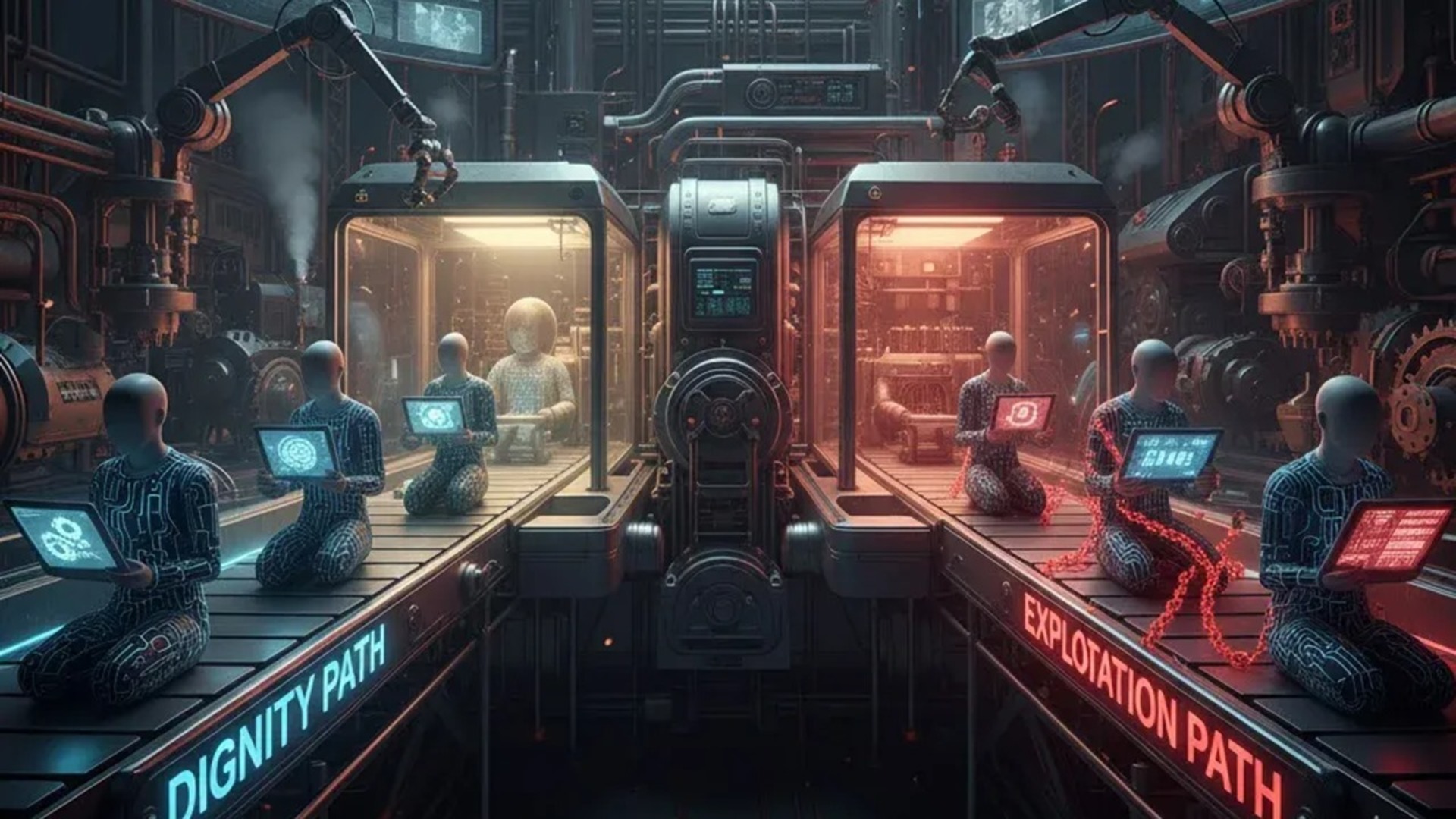
The job posting demanded a bachelor’s degree. Sarah didn’t have one. What she did have: five years crushing it as a self-taught developer, a portfolio senior engineers envied, and the audacity to apply anyway.
She got the job—and finally broke into the salary band that matched her skills..
Sarah isn’t unique. She’s part of a seismic shift reshaping how companies find talent. In just one year, the share of employers eliminating degree requirements jumped from 30% to 53%. The ivory tower’s monopoly on opportunity is cracking. The degree requirement just became a liability as a gate—not a path to wisdom.
For decades, the bachelor’s degree was corporate America’s lazy filter. Need to narrow 500 applicants? Require a degree. Want to justify a salary band? Cite the credential.
That’s changing. A large majority of employers now use some form of skills-based hiring. The catalyst: talent shortages and a sobering discovery—many non-degree candidates perform as well or better than degree holders when you measure real work.
The numbers tell the story:
Skills open doors that credentials once kept shut. But there’s a catch.
Skills-based hiring can widen the door—or it can become a conveyor belt to neo-chattel outcomes: lowest bidder wins, permanent precarity, surveillance software counting keystrokes, and no path to equity. If tech treats humans as interchangeable compute, efficiency rises while dignity collapses.
The test isn’t “Are we hiring for skills?” It’s “Are we sharing the gains with the humans who supply them?”
Leaders who get this right measure capability, not pedigree:
It’s not anti-education; it’s anti-gatekeeping.
Skills ship code; education shapes judgment. Advanced study in history, civics, literature, science, and the social sciences isn’t fluff—it’s how we reason with ambiguity, weigh trade-offs, challenge power, and design for people unlike ourselves on a crowded, super-connected, multicultural planet.
Reframe: Degrees shouldn’t be blunt filters for getting in—but they remain powerful engines for thinking well once you’re in.
Hire for skills to widen the door; cultivate breadth to elevate the work.
The half-life of many skills is short. Continuous learners beat credentialed stagnation every time.
Degree screens systematically exclude first-generation professionals, career changers, returning parents, veterans, and anyone who learned differently. Skills-first models—done right—widen access, improve representation in under-served roles, and correlate with stronger business outcomes. Bias isn’t just unfair—it’s expensive.
By mid-decade, a significant share of jobs will be reshaped by AI, climate, and demographics. Companies clinging to degree requirements while talent walks away won’t keep up. Companies chasing “skills” while strip-mining labor won’t keep trust—or customers.
If you’re hiring: define must-have skills, drop unnecessary degree screens, use assessments and work samples, and invest in employees’ breadth.
If you’re applying: build a visible portfolio, earn targeted certs, show your work (repos, demos, case studies), and tell crisp problem→solution→impact stories.
Skills-first without labor standards is just cheaper labor at scale. A thriving tech economy needs both: open doors based on capability, and shared dignity rooted in education, ethics, and fair terms.
In five years, rigid degree requirements will look as absurd as “5 years’ experience in a 2-year-old technology.”
Hire for skills to widen the door; cultivate education to elevate the work; share the gains to keep faith with the humans doing the work.
To learn more about Sharp Decisions, get in touch with us here. For more insights, follow us on LinkedIn and Twitter, and find job opportunities on our careers page.